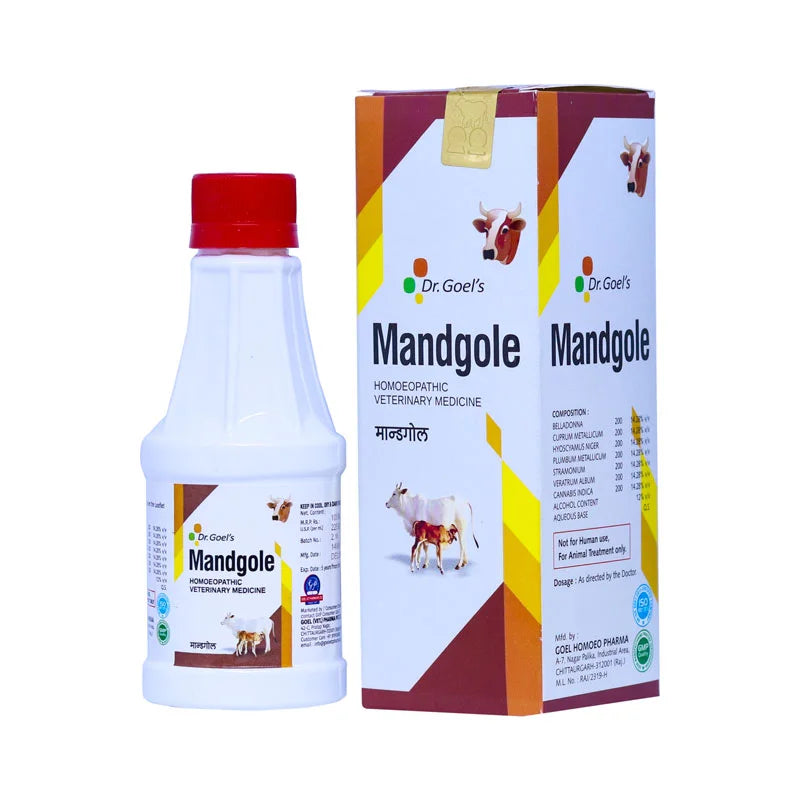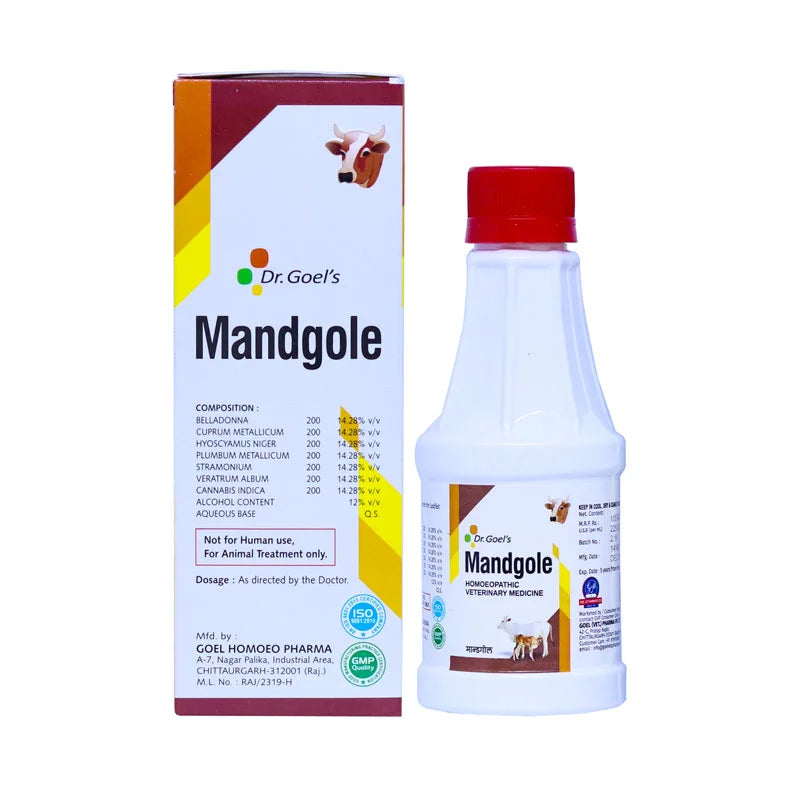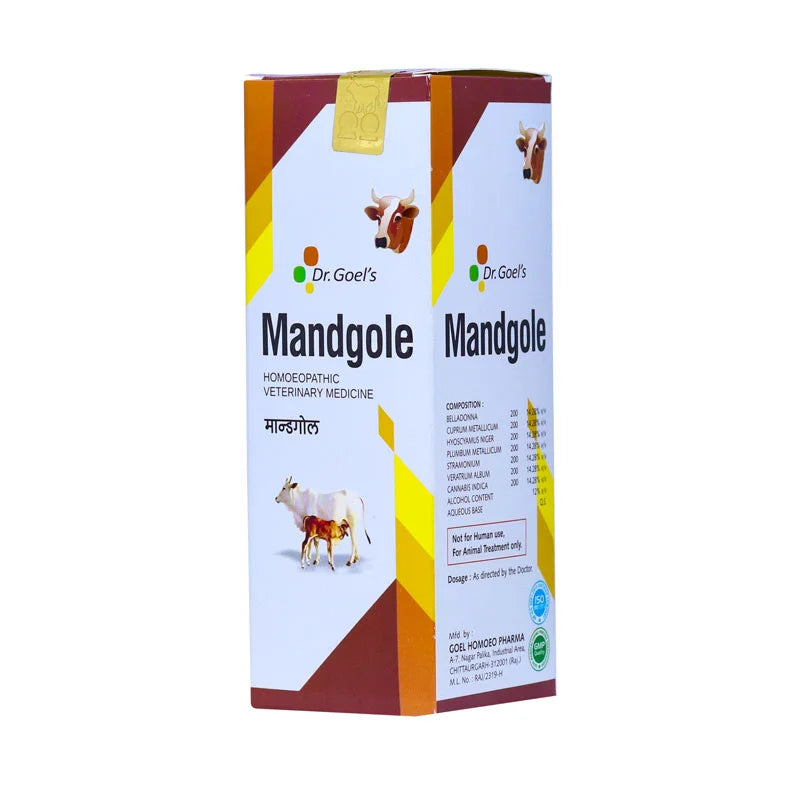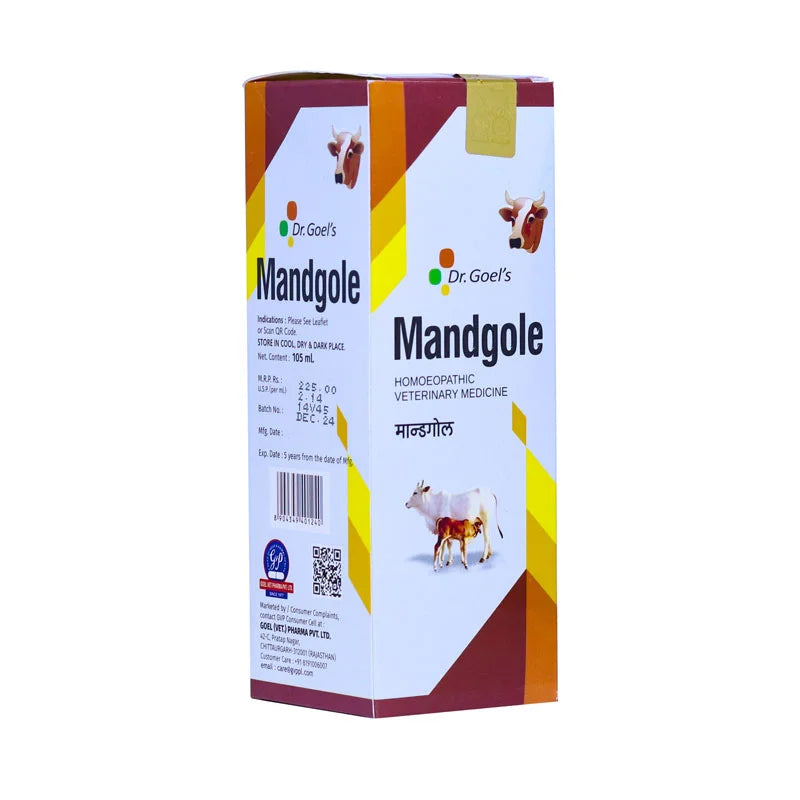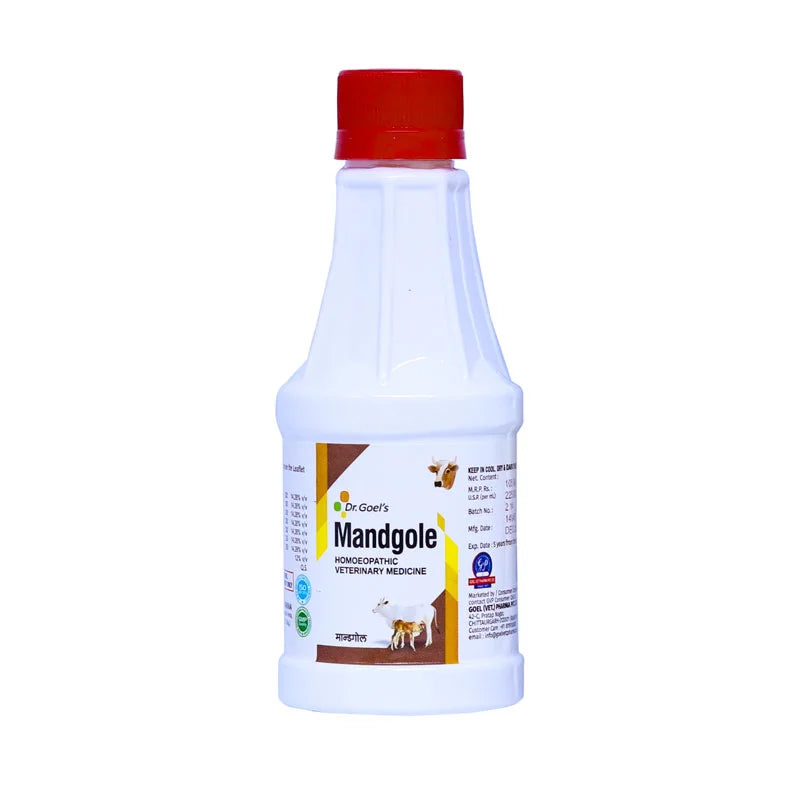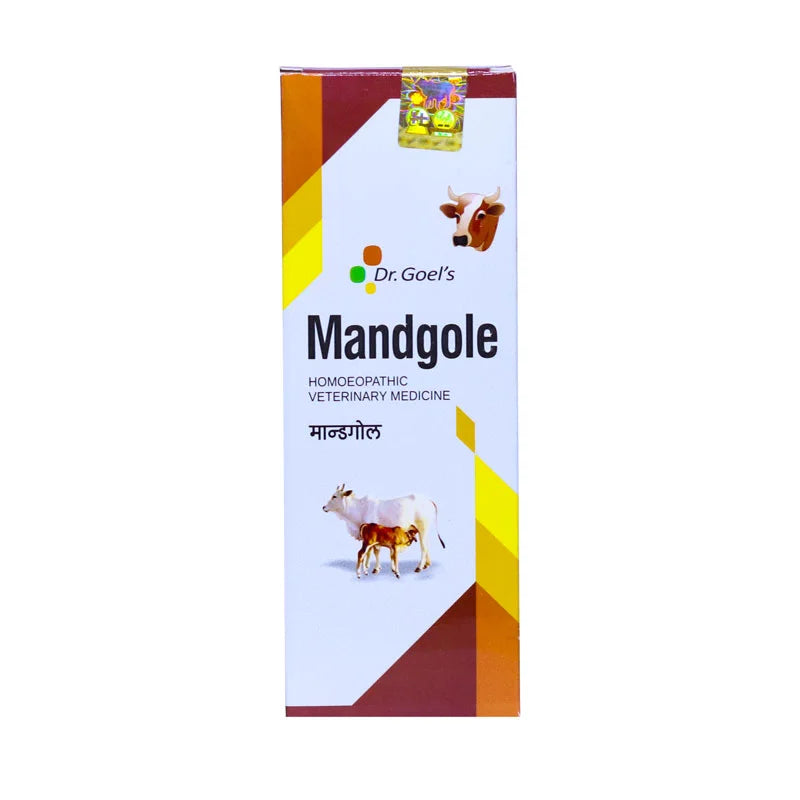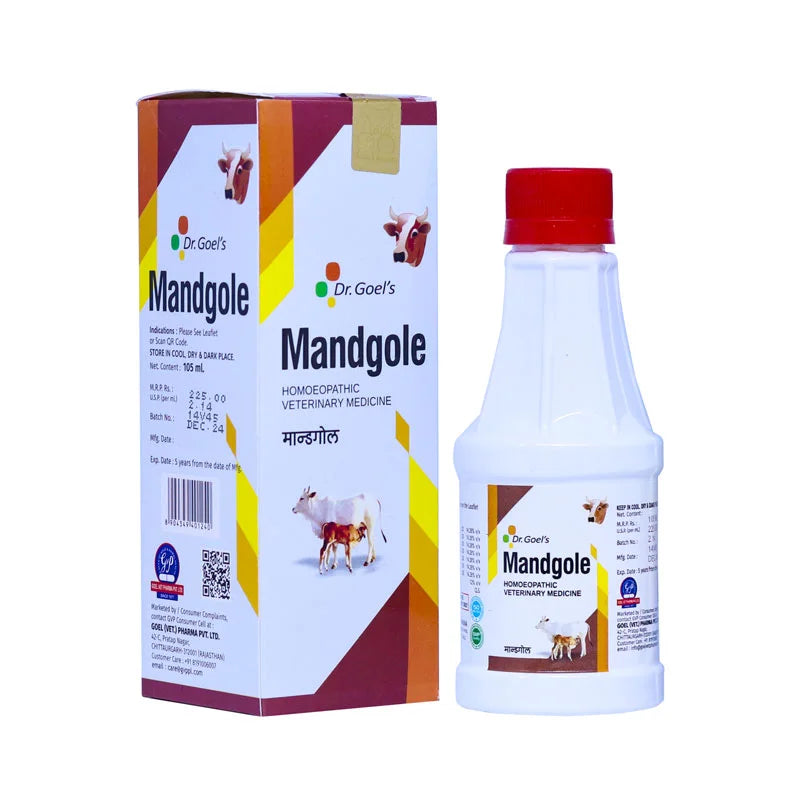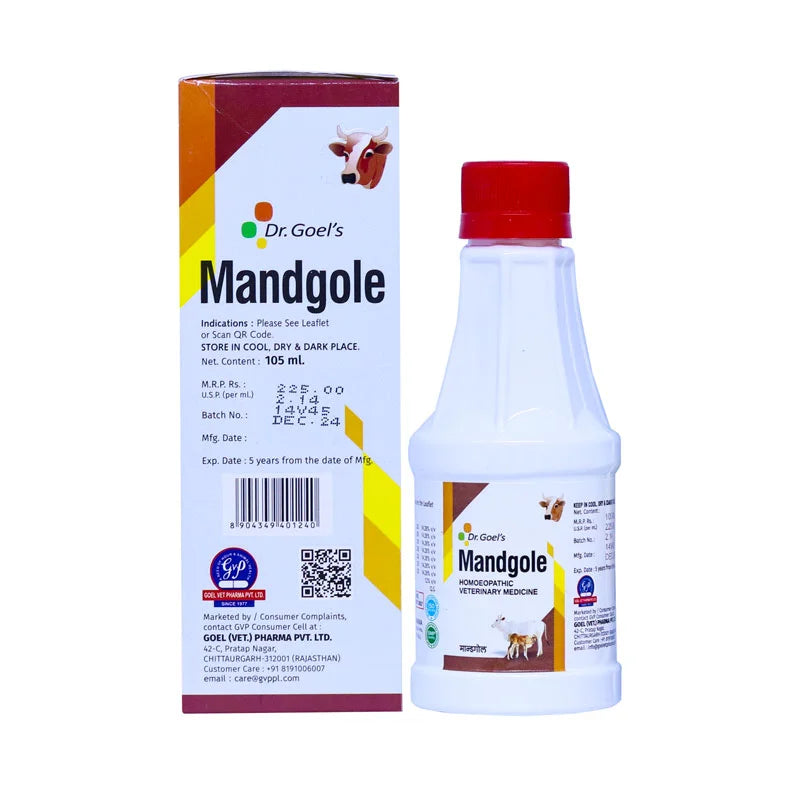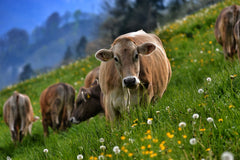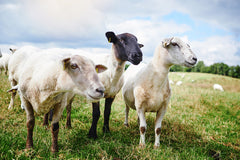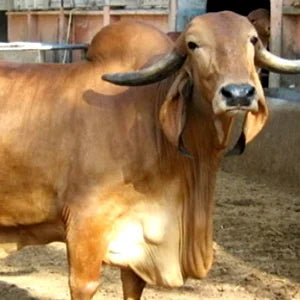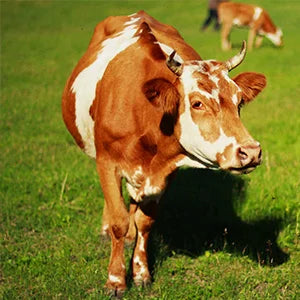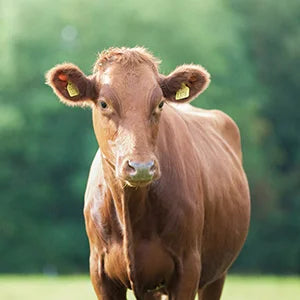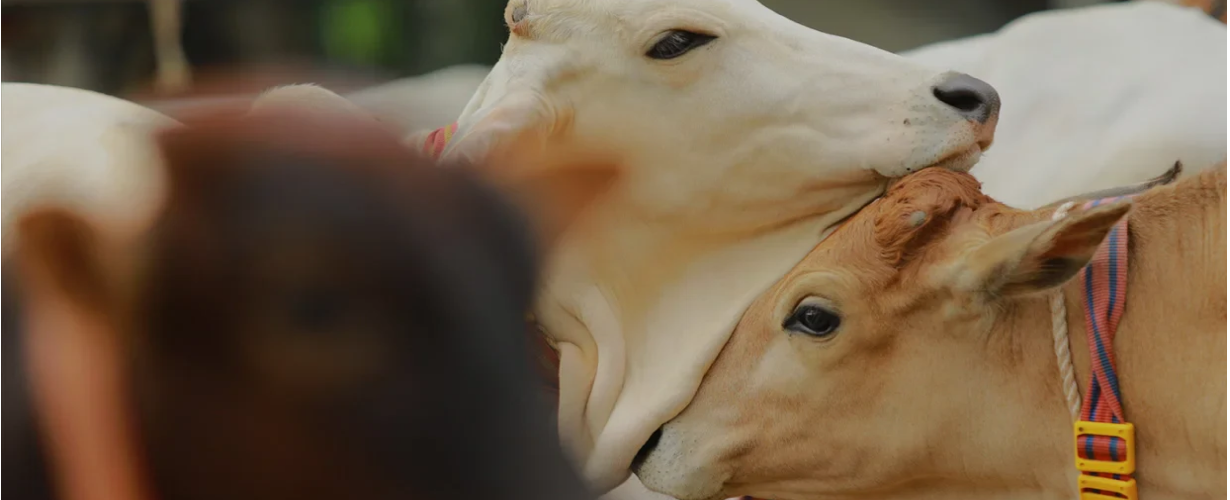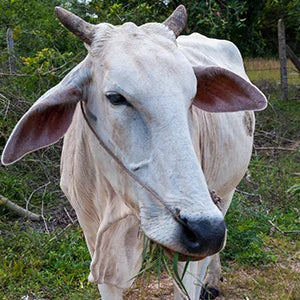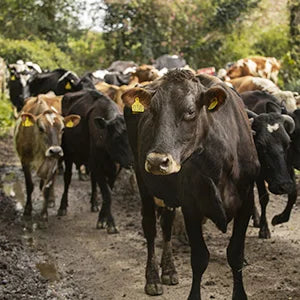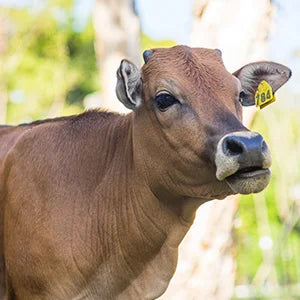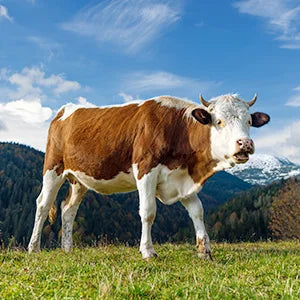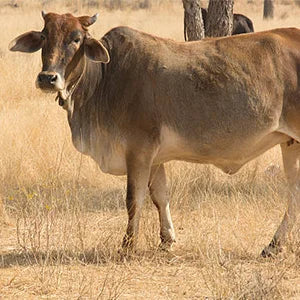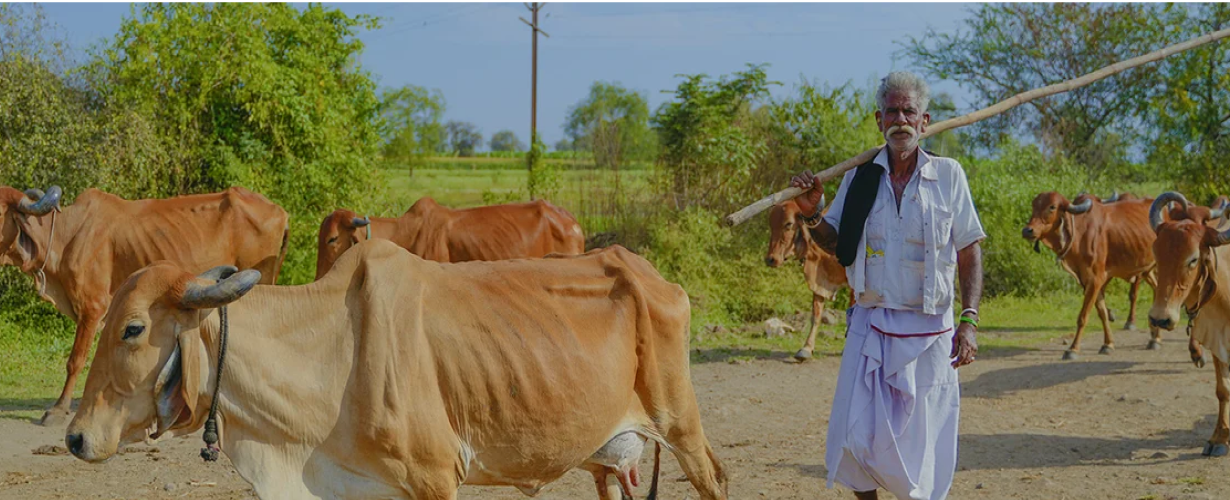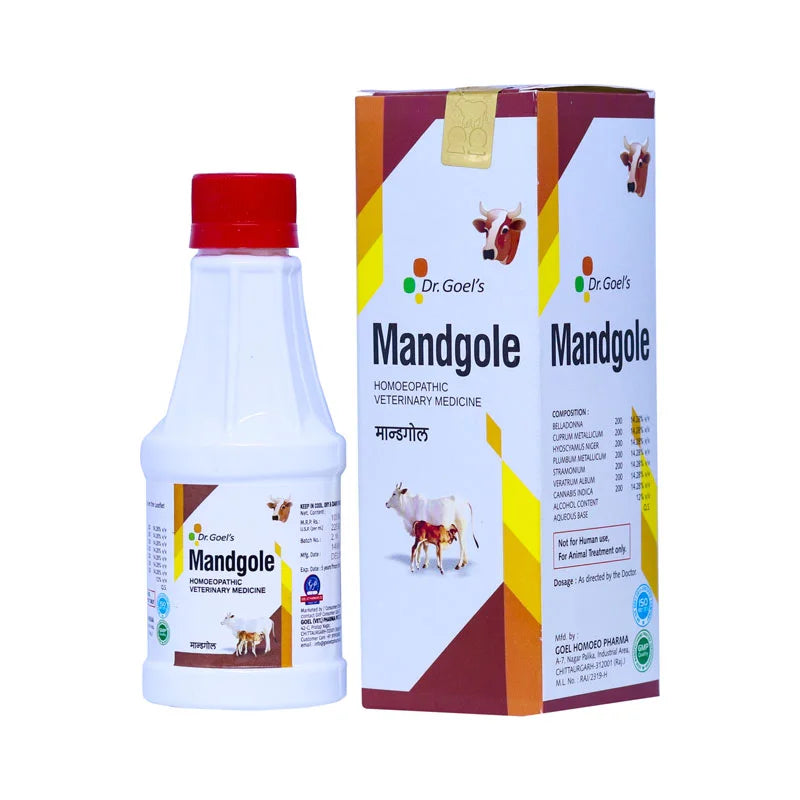Physical irritability in cattle can stem from pain, discomfort, environmental stressors like overcrowding or extreme temperatures, handling-related stress, insect infestations, and underlying health issues. Identifying and addressing these factors are vital to alleviate irritability and maintain the cattle’s well-being.
Common causes of Physical Irritability & body tremors in cattle include:
-
Pain or Discomfort
Conditions such as injuries, infections, lameness, or mastitis can cause discomfort leading to physical irritability and sometimes manifest as body tremors due to the animal's response to pain.
-
Metabolic Disorders
Certain metabolic issues like hypocalcemia (milk fever) or hypomagnesemia (grass tetany) can induce physical irritability and tremors in cattle due to imbalances in essential minerals affecting nerve and muscle function.
-
Toxicity
Ingestion of toxic plants or substances can cause physical irritability and body tremors in cattle. Some plants, chemicals, or minerals can adversely affect the nervous system, leading to such symptoms.
-
Nervous System Disorders
Certain neurological conditions or diseases, such as bovine spongiform encephalopathy (BSE) or other neurological infections, can lead to tremors and physical irritability in affected cattle due to the impact on the nervous system.
Save your Cow & Buffalo from physical irritability & body tremors
Preventing irritability and tremors in cattle involves maintaining a clean, stress-free environment with proper ventilation and space. Regular health check-ups, a balanced diet, and toxin-free pastures help prevent metabolic imbalances. Early veterinary attention for behavioral changes ensures prompt intervention and effective management.
Symptoms of physical irritability &body tremors disease in Cattle
-
Restlessness or Agitation
Cattle may exhibit signs of discomfort, restlessness, or irritability, often pacing or moving about more than usual.
-
Muscle Tremors or Twitching
Visible involuntary movements or trembling of muscles, particularly noticeable in specific areas of the body.
-
Abnormal Behavior
Changes in behavior, such as increased sensitivity to touch, reluctance to move, or unusual responses to stimuli.
-
Difficulty in Coordination
Lack of coordination or unsteadiness while walking, standing, or performing usual activities.
-
Increased Vocalization
Cattle might vocalize more than usual, indicating discomfort or agitation.
-
Reduced Feed Intake
Disinterest in food or a decrease in feed consumption could also be observed.
Trusted by Veterinarians
“As a veterinarian, I am thrilled to endorse Dr. Goel Vet Pharma’s homeopathic products for our furry friends. Their commitment to advancing homeopathic veterinary medicine is evident in the exceptional quality of their products. The innovative solutions they provide have significantly enhanced our ability to care for our animal patients, ensuring optimal health outcomes. I highly recommend Dr. Goel Vet Pharma’s products to pet parents for their unwavering dedication to the well-being of pet animals and the invaluable support they offer to the veterinary community.”
– Dr. Sakshi Sharma (B.V.sc. & A.H. M.V.Sc , NET)
Treat your Cattle with Dr. Goel’s Mandgole
MANDGOLE is a Homeopathic Veterinary Medicine for symptoms of acute and chronic meningitis or surra like symptoms in large animals or treating the poisonings of fertilizer and harmful weeds in which excitement, mania, rage, or hallucination occurs due to physical irritability due to sudden changes in climatic temperature affecting the cattle health.
